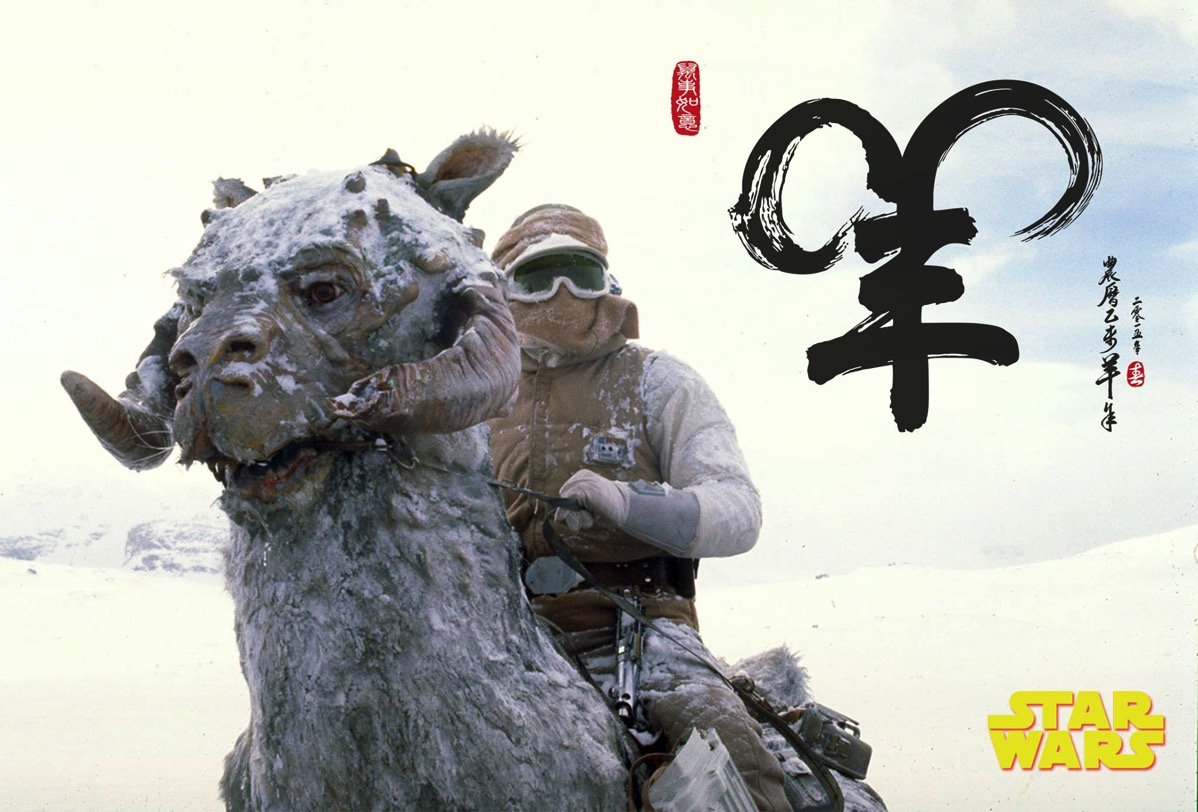This post has two parts, one about math and one about explaining.
Part 1: commentary on the following animation.
A friend posted this on Facebook:
This illustrates pretty much everything I remember about trigonometry. Pick a point on the unit circle. The x coordinate of that point is the cosine of the angle, and the y coordinate is the sine. It's as simple as that: cosine is the horizontal leg, sine is the vertical leg. For any point on the circle.
If I recall correctly, everything else in trig derives from that. For example, if you forget the following formula, you can use Pythagoras to re-derive it in your head:
sin2 + cos2 = 1
Granted, not all trig formulas are so easy to reconstruct off the cuff.
One other thing: angles in trig are measured in radians, which is the length of the arc that is swept out on that circle. Since the circumference of any circle is 2πr, the circumference of the unit circle is 2π*1, which is 2π. So for example by drawing the picture you can remember that sin(90°) = sin (π/2) = 1 (it's the point at the very top of the circle, with x = 0, y = 1).
Part 2: tangential thoughts (so to speak).
I swear, this is the kind of thing where I could spend hours and hours making a 5-minute explanatory slide presentation and video. Don't ask for anything more advanced math-wise; this is all I know about trig. And I'm positive you can already find this exact explanation for free at Khan Academy or Quora or Stack Exchange or a million other places. See also Vi Hart, whose videos remind me that it's not all about bells and whistles, and that clear, insightful explanation with clever use of low-tech is extremely compelling. But still, if the planets that govern my whims and impulses were to align, I'd totally do my own take on the unit-circle explanation. At least I think I would.
In my dream scenario, I'd fuss over language and graphics and pacing. I'd like some way for people to easily jump around and either skip or re-watch some portions. I know some people learn better when they hear, so voiceover would have to be part of it. I guess that means subtitles too, and if I feel really ambitious, translations to multiple languages.
Along the way, my math-y friends would say, "You know, there's a MUCH easier way to make that animation in seconds rather than hours, using Mathematica or whatnot" (or a Swift playground — ooh!), and my brain would hurt a lot learning the whatnot, and the brain pain would make me regret my initial eager impulse to share. But hopefully I'd muddle through.
During "user testing" (as we software people call it) I'd learn about areas that people commonly have trouble understanding, and I'd reframe the presentation to address those areas.
It's crazy to want to spend all that time on something people can already get elsewhere. And truth be told, talk is cheap, and I wouldn't be quite as ambitious as I claim. But I do love that I know this one cool thing, and although I often misjudge my own ability to communicate, maybe I can help you know it too. If not you, maybe your kid. Or if you are a kid, maybe your parents. Whether you're a "math person" or not, if you understand the above animation then you understand the single most important thing about the scary subject of trigonometry.
There are a few isolated nuggets of knowledge like this, not all about math, that I get the itch to explain. Some, I'm pretty confident about. In other cases, the idea would be to explain what I think I know, and I'd be looking for feedback and corrections. Maybe I'll take up "explaining" as a hobby. Maybe I'll make "explanations" the way amateur carpenters build cabinets. And just as a carpenter tries to make a better cabinet each time, maybe I'll take multiple passes at explaining the same thing if I feel the need.
By the way, I'd love to be an amateur carpenter too, and make actual physical stuff, but who has time for that?





